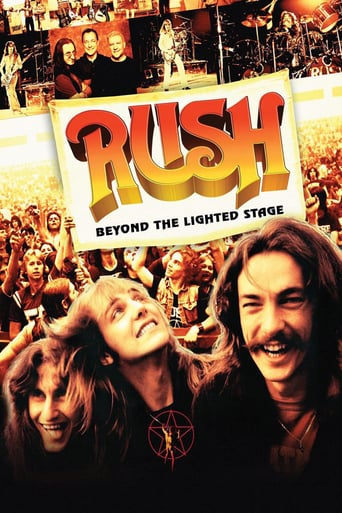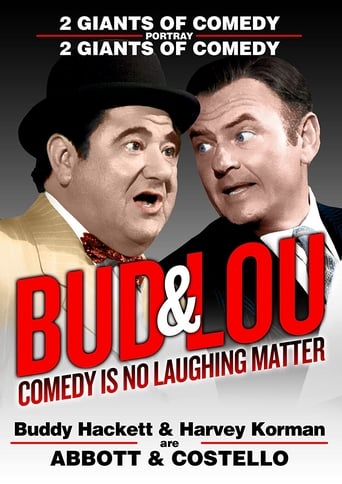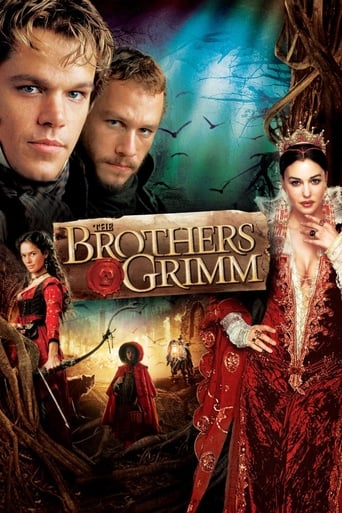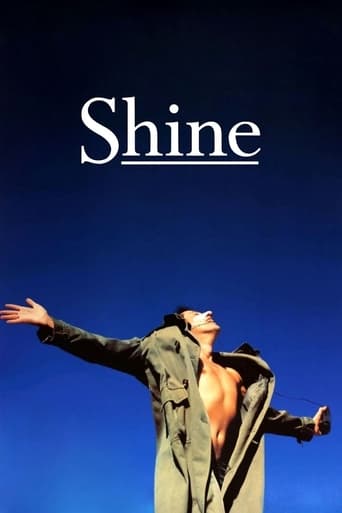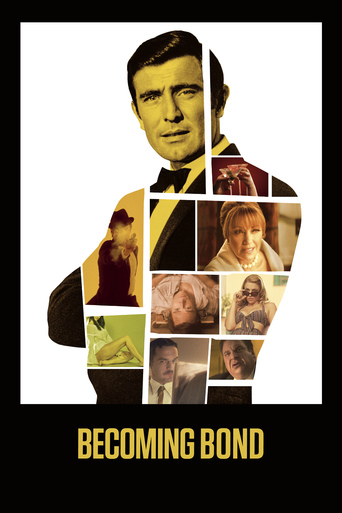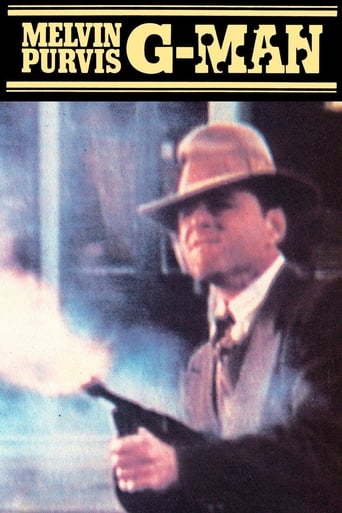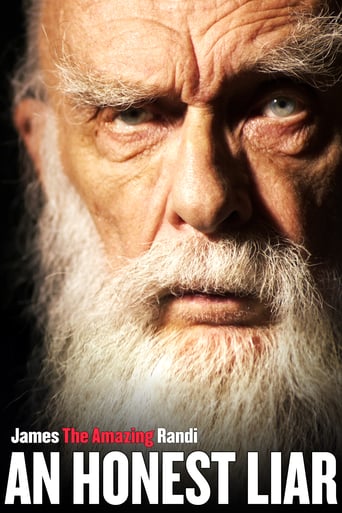Rush: Beyond The Lighted Stage (2010)
An in-depth look at the Canadian rock band Rush, chronicling the band's musical evolution from their progressive rock sound of the '70s to their current heavy rock style.
Watch Trailer
Cast
Similar titles
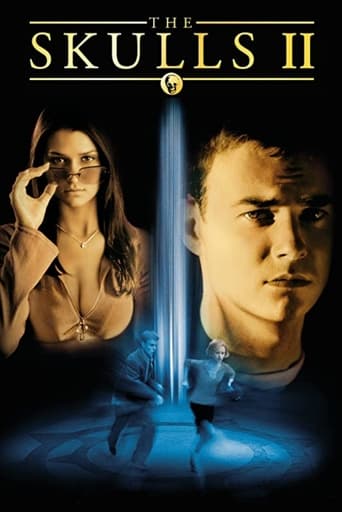
Reviews
That was an excellent one.
Thanks for the memories!
Best movie ever!
This is one of the few movies I've ever seen where the whole audience broke into spontaneous, loud applause a third of the way in.
I first got into Rush when I was 15 back in 1987 when a friend of mine left me a cassette with Signals on one side and Power Windows on the other. I had heard the name of the band before but that was it. I listened to that tape and immediately loved Signals - Power Windows not so much. I remember not actually being able to determine if the vocalist was male or female, which intrigued me. But I loved the synth-heavy, slightly fuzzy sound of Signals and I began playing it more or less on repeat and for the next couple of years became a Rush obsessive. At the dawn of the 90's my tastes changed and I moved on to alternative rock but as the years progressed I returned to some of my favourite Rush albums and still enjoy them quite a bit. For the record my favourite Rush period is the early 80's.As a result, it was with some enthusiasm that I went into this documentary. It was like visiting old friends from the past, ones whom you only really have good memories of. Strangely enough, it was only once the film was underway did I actually realise just how little I knew about the band beyond the music. You just never saw them interviewed too often, so it was genuinely surprising to see them talk freely. For instance, I had never really realised that they abstained from rock 'n' roll excesses as much as they did, nor did I realise Neil Peart was so socially awkward. Details like these were fascinating to learn, I mean it is an achievement of sorts for a rock band active in the 70's and 80's to have been faithful husbands and to have avoided Class A narcotics! I guess it shows that Rush were no ordinary rock band. This was part of why they were so derided of course. The music press painted them as thoroughly uncool and preposterous. And I suppose they did appeal a lot to music fans who may have been disproportionately more on the geeky side. But on the other hand, they lasted the test of time and some of their music remains absolutely inspired. In particular their unique early 80's fusion of prog-rock, hard rock and new wave was entirely original and didn't sound in the least bit forced.The documentary charts their progress from their earliest origins as a late 60's school band to the present day. Unlike most rock bands there isn't a lot of drama and excess in the Rush story. These are grounded and likable individuals who are just too normal for anything too Spinal Tap-ish to happen. The only event that really went beyond the music and into real life tragedy was the deaths of Peart's daughter and wife in quick succession. This awful event isn't really dwelled on here though. Mostly this is about the music. Most of the albums are covered in at least some detail, so this is great for fans of the group. Also, of great interest is the input of their many famous fans. There are talking heads segments from the likes of Kirk Hammett, Gene Simmons, Trent Reznor, Jack Black, Sebastian Bach and Billy Corgan among others. It was fascinating to hear what this wide ranging selection of folks had to say. Corgan and Reznor were particularly considered in their observations. I guess what it also showed was the influence of the band, as these were two respected figures of alternative rock and not guys who would necessarily be obvious descendants of Rush. And not only this, there was recent footage of one of their shows in Brazil. The energy of the crowd and the band was pretty impressive for a veteran rock band. I guess Rush still lives on as perhaps the biggest underground rock band of them all...
In general, documentaries, even those exploring the careers of high profile bands, are not renowned for being particularly fun or interesting to watch for those not already enraptured by the subject matter, providing interesting supplementary informational tidbits for established fans, but unlikely to draw in anyone else. Bearing this in mind, it takes a pretty exceptional music documentary to feel like a concert, cultural history lesson, lively standalone film and hangout session with the band in question all at once, yet directors Sam Dunn and Scot McFadyen manage to pull off such a daunting task with Rush: Beyond the Lighted Stage with exultant ease. Canadian rockers Rush, despite copious success and a tenaciously loyal band of fans (several interviews have concert-goers amusing admitting to it being their one-hundredth Rush show), have always had difficulty courting mainstream critical or commercial success, the "superstar band never to be fully acknowledged as superstars", and Beyond the Lighted Stage delves into the interesting interplay between fanaticism and indifference, managing to shed light upon the mainstream's elusive distaste for the band (too quirky? too nerdy? too many long songs? not firmly mainstream or firmly progressive enough to be easily categorized? not "hummable" enough?) while also delving to the heart and essence of the band and illuminating why the appeal really should have caught on. Furthermore, the film is particularly credible as being the rare documentary to match up to its subject matter cinematically with uncommonly masterful structure and composition. Perfectly paced, Beyond the Lighted Stage swiftly doles out its tidbits of band biography and the cultural reaction to them as if exhilarating plot twists rather than drab, necessary context, lending the film as lively and propulsive a tone as any good Rush song, of which the soundtrack offers enough to prove a comprehensive musical history of the band in itself. More importantly, through comprehensive interviews with the naturally giving musical trifecta as well as those associated with them (interviews with the mothers of all three rockers are adorable) or simply admirers (with particularly effective use of Gene Simmons - "I couldn't understand how a band so good would go back to their hotel rooms without taking up the chance to get laid... those crazy Canadians" - and Jack Black - "Just when you thought the bottle of rocket-sauce that is Rush had run out, they just keep pumping out the rocket-sauce"), the film offers a genuine human, emotional anchor behind the music. As told by wacky but wise bassist/singer Geddy Lee, deadpan twinkling guitarist Alex Lifeson and the less outgoing, perfectionist yet perpetually chuckling drummer Neil Peart, what could have been a banal slab of backstory instead surpasses anecdote to become a vivid, kinetic journey. From their inglorious origins (playing high school dances, being too young to play higher profile clubs), struggles with their own musical complexity and refusal to curb to ascribed expectations (when asked to write more songs "designed to be singles", they churned out twenty-one minute long rock odyssey "2112", inspired by the writings of Ayn Rand - subsequently a massive hit), the evolution of their musical form (with an amusing, retrospective debate about the overuse of synths between Lee and Lifeson) and the haunting tragedy of the loss of Peart's daughter and wife, the viewer genuinely feels as if they have risen, struggled and rejoiced alongside Rush, with the trio's "goofy", irreverent sense of humour maintaining the journey remains a consistently offbeat and enjoyable one. Just as likely to pique the interest of those unfamiliar with Rush as placate the enthusiasm of die-hard fans, Beyond the Lighted Stage proves one of the most satisfyingly effective documentaries in years, as much an extended thesis for the relevance and appeal of Rush (who, at the time, had yet to even be inducted into the rock and roll hall of fame) as as comprehensive overview of their backstory. Whether a Rush fan or not, such a kinetic, energetic and vivacious piece of film-making should be considered near essential viewing, even for those who have yet to fly by night alongside the unmistakably unique rock band. -9/10
I have been a fan of this band since I was 14 years old. I first saw them live at Madison Square Garden in NYY (1981). My two older brothers introduced me to Rush and I have loved them since.This film / documentary chronicles the band from their very beginnings to today. If you are a Rush fan or if you want to learn about a band from Canada that has influenced so many other bands around the world you need to check out this film.Check it out just to listen to their music.A band from Toronto with a song called YYZ, can you ask for anything more!
This film does a good job of presenting and explaining what Rush is all about, and how the group has earned respect from fans, producers, DJs and other musicians (just not critics). Not quite hagiography, as it quotes some of the negative reviews and the band's own dissatisfaction with some of their albums or directions or even wardrobe choices.Unlike the filmmakers' heavy metal survey films (Headbanger's Journey and Global Metal), in this film Dunn is never on screen and is only heard once or twice asking questions of interview subjects. The spotlight (or limelight) is clearly placed on the band - this is a straight-up documentary, without dwelling on a fan's relationship to a band or genre. As in previous films by this team, the interviews with a surprisingly wide variety of subjects provide much of the meat of this film, giving a broad perspective and keeping it from having too much of a narrow viewpoint. Of course at least half the interviews are with Rush members themselves. You get a real sense of the men behind the music, including their relationships to each other, family, other musicians, and fans. A special aspect is some great earlier footage, even from family discussions while they were still in high school. There are also some powerful landscape shots while exploring Peart's response to deaths in his immediate family. And the examination of the song-writing process, including shots of original hand-written lyrics drafts, provides good value for viewers.Overall, a well-made film that does justice to the topic. Not as poignant or story-arced as Anvil: the Story of Anvil, this film has a more successful subject and didn't need to become a real-life Spinal Tap to make a interesting watch.
